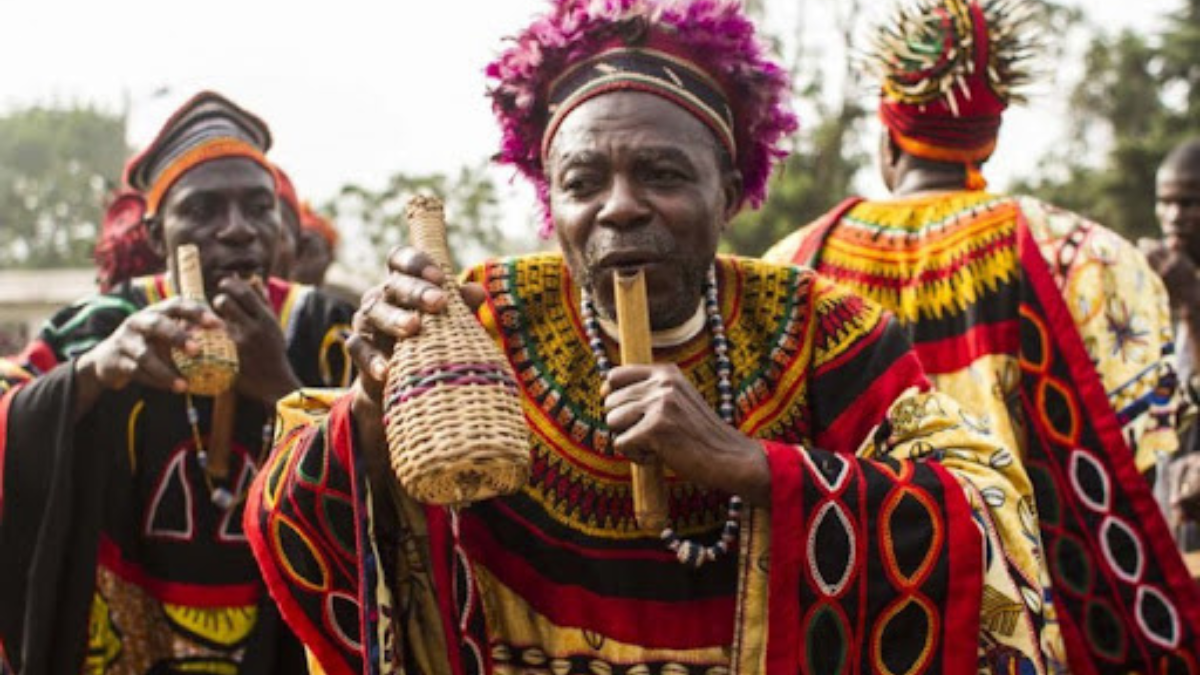Cameroon’s North-West Region is poised for a bold economic pivot. But can resilience translate into renaissance in the face of structural fragility?
As the inaugural North-West Economic Forum (NWEF) opens in Bamenda on July 12, 2025, it carries the weight of expectation far beyond traditional development conferences. Hosted by the North-West Regional Assembly, this two-day gathering convenes over 1,000 stakeholders — including government leaders, CEOs, investors, and diaspora entrepreneurs — to chart a new path from conflict to competitiveness.
But behind the optimism lies a fundamental question: can a region emerging from protracted crisis build a sustainable economic engine without defaulting to external dependency?
A Fragile Starting Point
The North-West has endured over a decade of political and armed conflict, which has left deep scars on its economic, social, and physical infrastructure. As of mid-2025:
- The region remains under a Level 4 “Do Not Travel” security advisory.
- Over 70% of the labor force is locked in subsistence agriculture.
- Youth unemployment exceeds 90%.
- Energy consumption is below 2.4 MW — equivalent to a medium-sized factory.
- Broadband penetration remains negligible (<5 Mbps).
- The Bamenda Airport remains non-operational.
- Investment activity is sparse, and brain drain persistent.
The development gap is not just wide. It’s systemic.
Shifting the Narrative: From Crisis Zone to Opportunity Zone
The NWEF organizers understand that no amount of donor goodwill or investor scouting can replace a credible, locally led economic vision. The forum’s theme, “From Resilience to Renaissance”, reflects an effort to move beyond survival strategies to a proactive, future-facing agenda.
Among the planned actions:
- Launch of NOWEDIF: A regional development investment fund to finance infrastructure and enterprise growth.
- 25 startup investments through the Digital Entrepreneurship Program.
- A roadmap to reach key benchmarks within 12 months:
- 2.5 MW of new energy installations
- 10 major public-private investments
- 1,000 formal jobs, primarily in youth-led ventures
- Reactivation of the Bamenda Airport
If successful, these would not only mark a psychological shift — from dependency to initiative — but offer measurable development outcomes.
Challenges Without Illusions
The scale of transformation required is daunting. Beyond infrastructure and financing, the region faces:
- Trust deficit among external investors and even internal stakeholders.
- Institutional learning curves: The Regional Assembly, though empowered by Cameroon’s decentralization framework, is still developing its operational capacity.
- Market visibility issues: The region’s value chains (e.g., coffee, cocoa, timber, livestock) remain informal, undercapitalized, and disconnected from global standards.
To address this, the forum includes panels on investment readiness, SME enablement, diaspora capital, and sectoral industrialization — with actors from the Cameroon Investment Promotion Agency, the World Bank, microfinance institutions, and local chambers of commerce.
A New Development Doctrine? Bottom-Up, Digital, Endogenous
Unlike conventional forums that prioritize external financing, NWEF is testing a bottom-up economic model built on:
- Digital empowerment: Skills training, innovation hubs, and startup incubation.
- Community-based production: Empowering cooperatives and local associations to scale through access to contracts and markets.
- Diaspora mobilization: Tapping into remittance capital and intellectual assets.
- Regional industrialization: Leveraging locally available resources for transformation instead of export in raw form.
A Test for Cameroon’s Decentralization Model
Perhaps most importantly, NWEF serves as a live case study for Cameroon’s special status regions. The North-West Regional Assembly is not simply hosting an event — it is positioning itself as a development orchestrator: one capable of mobilizing capital, fostering public-private dialogue, and structuring an investible regional strategy.
From Aspirations to Execution
The North-West Economic Forum 2025 arrives not just as an opportunity — but as a litmus test. Can the convergence of political will, grassroots entrepreneurship, and structured investment planning lift a region long left behind?
If the post-forum roadmap succeeds in moving from paper to practice, NWEF may become more than a forum. It may become a blueprint for regional economic regeneration in fragile settings across Africa.
Oswald F
